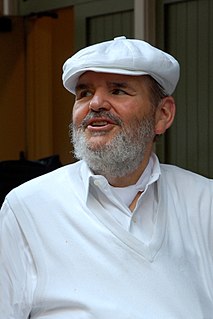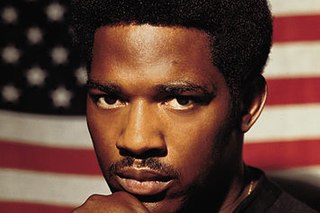A Quote by Theo Paphitis
My whole business philosophy is based on a risk-reward ratio. But it's got to stack up. If it doesn't, don't do it. You might as well go to a casino.
Related Quotes
The average American thinks billionaire investors are going to be right based on some talking head. They invest and they have no backup plan. Americans think these guys are giant risk-takers. The truth is they believe in taking as little risk as humanly possible, for the maximum amount of upside. They're looking for that spread of disproportionate risk-reward.
My philosophy, one of the biggest enemies of future success is past success, because you become complacent, you become risk averse, and that's one of the things we try to drive here, and this is fundamental to this philosophy, and that's in this component change, and also in value creation. That we need to drive creative destruction, not just incremental innovations, but innovations that will change the whole nature of the business.


































